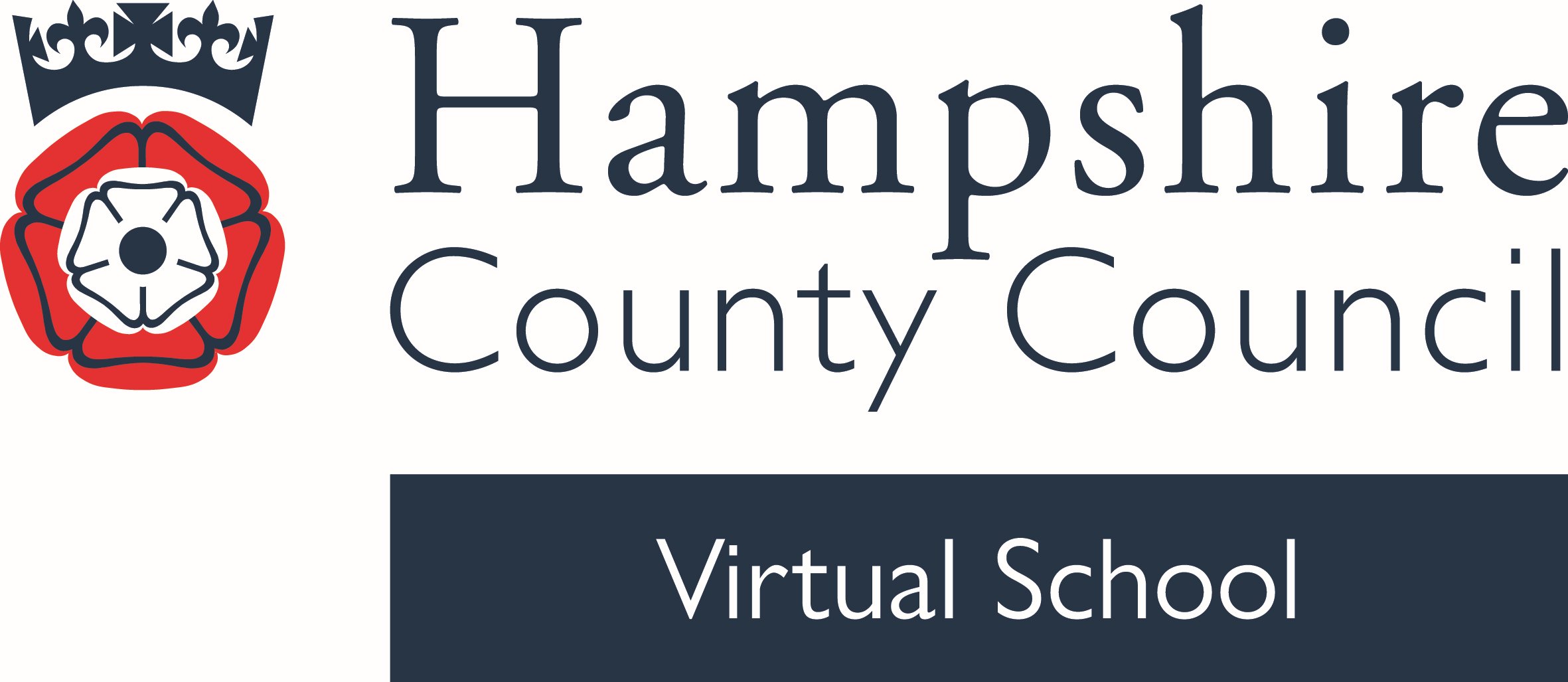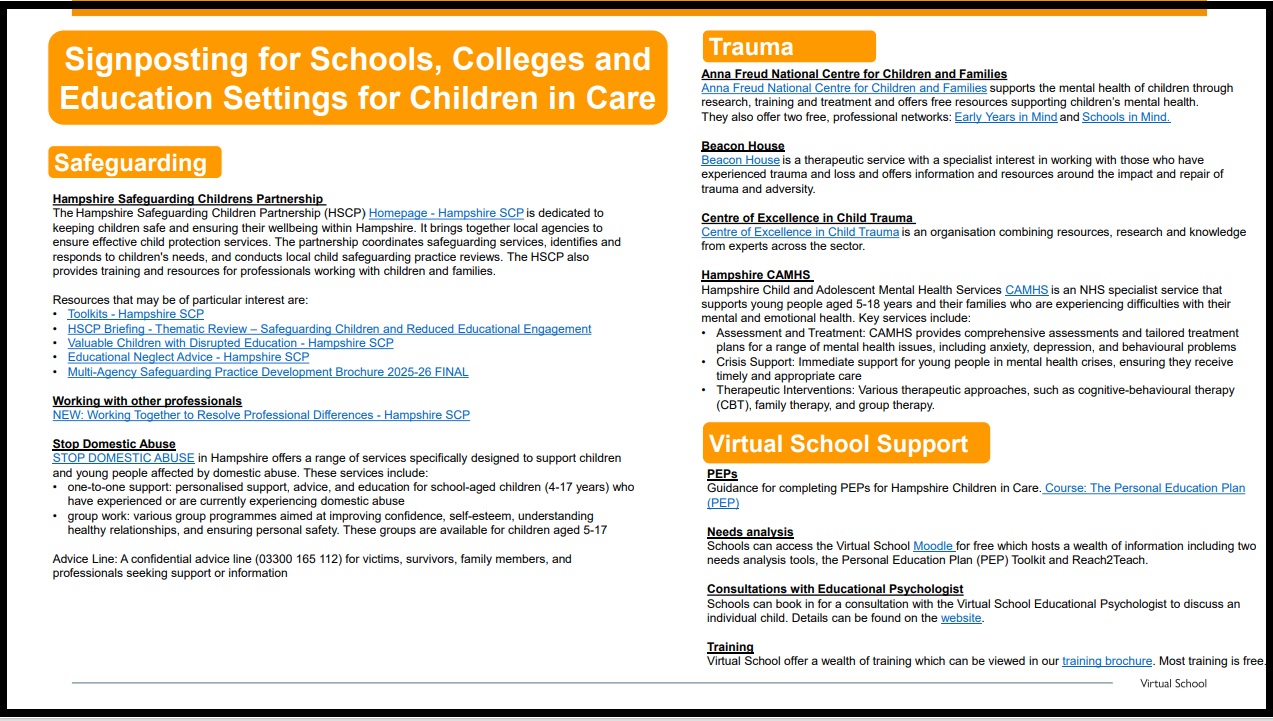Pupil Premium Plus Funding – From Year R
Pupil Premium Plus (PP+) is additional funding provided to schools by the Virtual School to help support the education of children who are looked after. This funding is designed to help close the attainment gap and ensure that looked after children have the best possible opportunities to succeed in school. The decision on use of PP+ spending sits with the school and it must be focused on education; however, the views of parents/carers and social workers should be considered.
Further information on Pupil Premium Plus is available via the resources links at the top of this page.
Early Years Pupil Premium Funding – Preschools/Nurseries/Childminders
The Early Years Pupil Premium (EYPP) aims to support early years settings in narrowing the achievement gap between children from certain potentially vulnerable groups, including looked after children, and their peers. Its purpose is to enhance the progress of these children in education through focused and strategic interventions and support, encouraging practitioners to give particular attention to their development.
Further information on Early Years Pupil Premium is available via the resources links at the top of this page.
Early Years Funded Hours - Preschools/Nurseries/Childminders
Early Years funded hours are government-funded hours for children to attend EYs education (preschools, nurseries or childminders) before they begin formal schooling. Depending on the age and circumstances of the child, different amounts of hours are available via government funding.
Looked after children may be entitled to the following funded hours:
· Up to 15 (term time) hours per week, from the term after they turn 2 years old until they start school (up to 570 hours per year in total).
· Up to 30 (term time) hours per week from the term after they turn 9 months old until they start school; this is only available via an application process, and where certain eligibility criteria including working parents/carers is met (up to 1140 hours per year in total).
Term time hours are calculated on the child attending for 38 weeks per year.
Further information on Early Years Funded Hours is available via the resources links at the top of this page.

